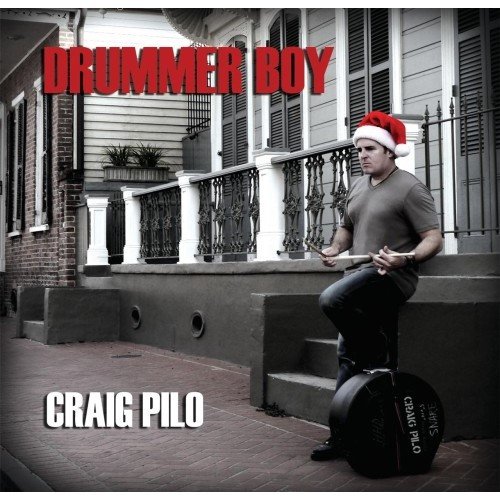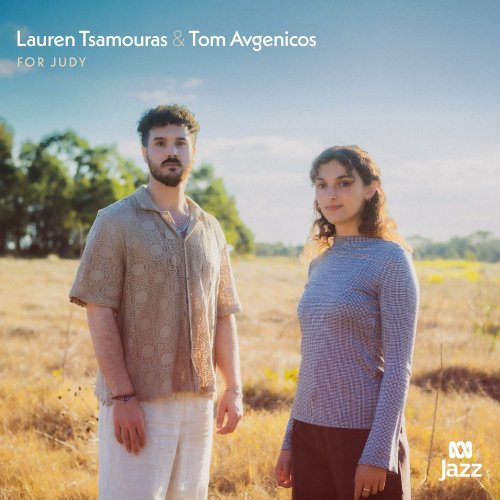Hjördis Thébault, Hiroko Kouda, Gustáv Belácek, Solamente Naturali, Didier Talpain - J.C. Bach & Mozart: Concert Arias (2011)
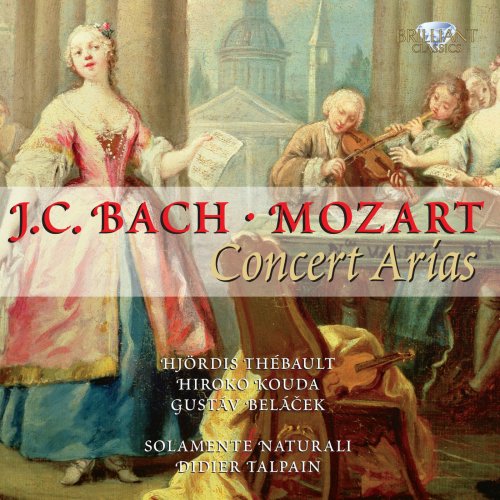
Artist: Hjördis Thébault, Hiroko Kouda, Gustáv Belácek, Solamente Naturali, Didier Talpain
Title: J.C. Bach & Mozart: Concert Arias
Year Of Release: 2011
Label: Brilliant Classics
Genre: Classical
Quality: flac lossless (tracks) +Booklet
Total Time: 01:04:55
Total Size: 311 mb
WebSite: Album Preview
TracklistTitle: J.C. Bach & Mozart: Concert Arias
Year Of Release: 2011
Label: Brilliant Classics
Genre: Classical
Quality: flac lossless (tracks) +Booklet
Total Time: 01:04:55
Total Size: 311 mb
WebSite: Album Preview
01. Ebben, si vada for soprano, Oboe, Fortepiano and Orchestra
02. Ah, io previdi, KV. 272, for Soprano, Oboe and Orchestra
03. Sentimi, Non partir, for Soprano, 2 Cellos, Fortepiano and Orchestra
04. Per questa bella Mano, KV. 612, for Bass, Double Bass and Orchestra
05. Sventurata, in van Mi Legno for Soprano, 2 Horns and Orchestra
06. Ch'io Mi Scordi di te, KV. 505, for Soprano, Fortepiano and Orchestra (2 Clarinetsin B-Flat, 2 Bassoons, 2 Horns in E-Flat, Strings)
07. Non più…tutto ascoltai, KV. 490, for Soprano, Violin and Orchestra
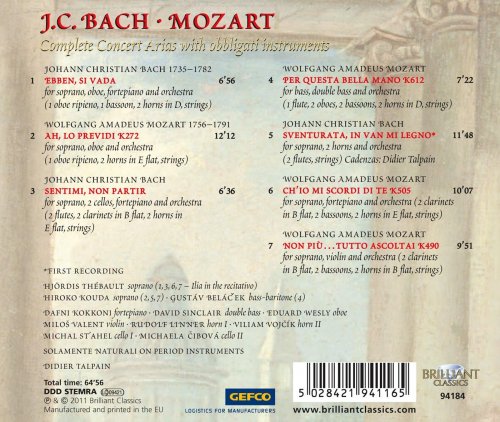
The origin of the dialogue between a solo voice and several obbligati instruments dates from the early baroque period (1600), and probably emerged from the hum drum setting of the market square where a singer would perform to the accompaniment of a few wind instruments. More refined relations of this musical form soon could be found in sacred and operatic works. This CD contains the complete obbligato arias by master and pupil – J.C Bach and Mozart. Therefore we can hear examples of the pre classical (1750-75) and the classical period (1775-1820).
There is one undisputed masterpiece here – Mozart’s Ch’io mi scordi di te? K505 for soprano and piano. The aria is an expression of personal sadness. Nancy Storace, the first Susanna in Figaro, had left Mozart and returned to London. This is no operatic love affair gone wrong, but a real life one. Mozart himself is represented by the piano, Nancy by the stunning soprano role.
Mozart’s friend and teacher J.C. Bach has a world premiere recording on this CD. His aria Sventura in van mi lagno of 1773 is an impressive virtuoso work for high soprano with two obbligato horns. One the players J.C Bach wrote for was none other than Giovanni Punto, hence the extremely challenging nature of the horn part for a natural horn.
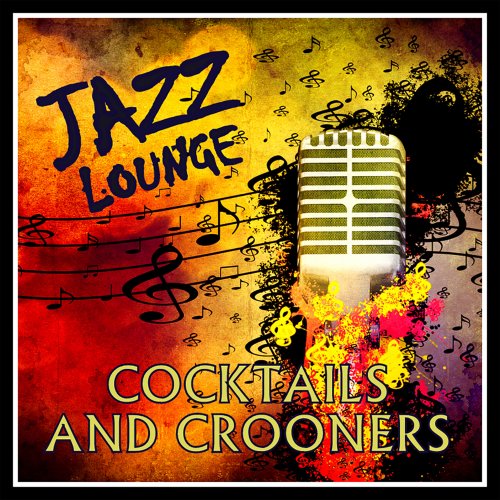
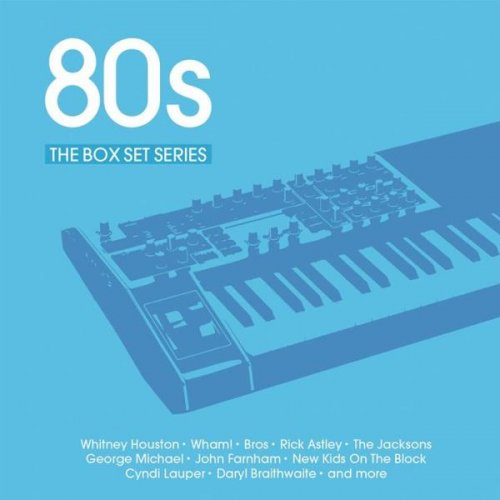
![Saied Silbak - Oud for Palestine (2025) [Hi-Res] Saied Silbak - Oud for Palestine (2025) [Hi-Res]](https://img.israbox.com/img/2025-11/09/w7hrg1bqzpdx29wt0z8i8g747.jpg)
![Tara Lily - Quiet Nights (Early Takes) (2025) [Hi-Res] Tara Lily - Quiet Nights (Early Takes) (2025) [Hi-Res]](https://img.israbox.com/img/2025-11/09/n7paxs0zwghnormlo3qhwufoe.jpg)
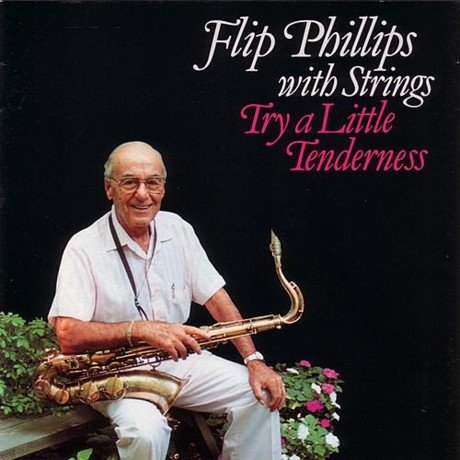
![Gui Tavares - Noite Que Brincou de Lua (2025) [Hi-Res] Gui Tavares - Noite Que Brincou de Lua (2025) [Hi-Res]](https://www.dibpic.com/uploads/posts/2025-11/1762948599_a1796666084_16.jpg)

